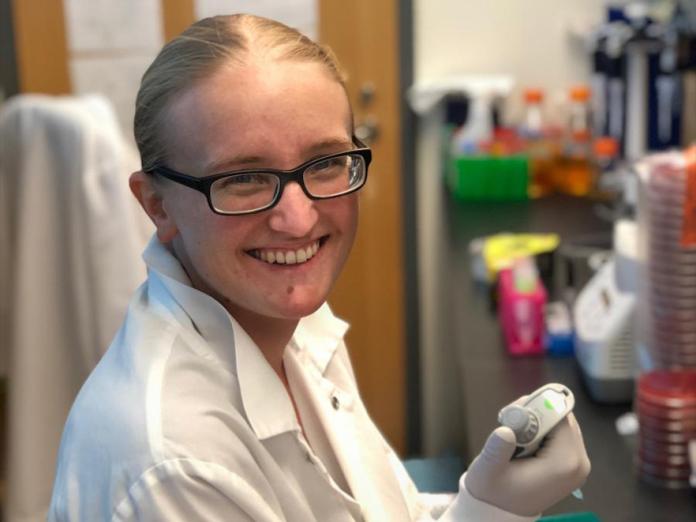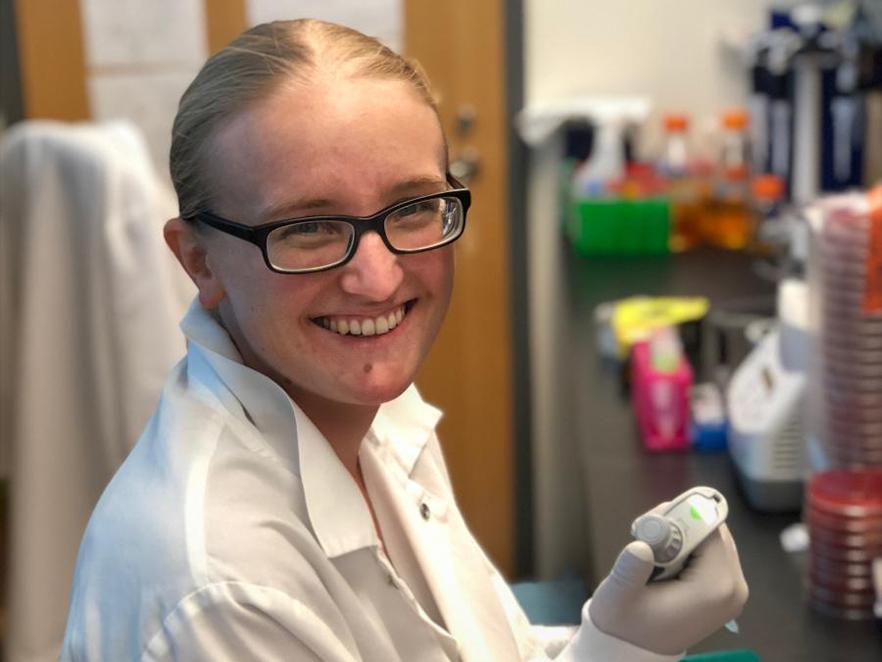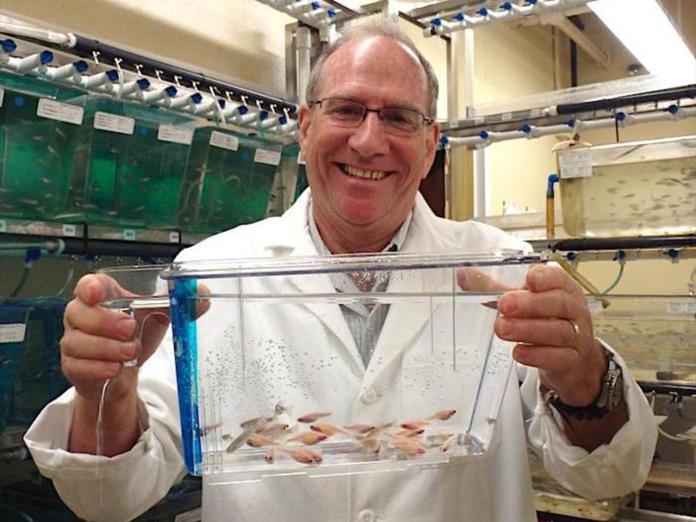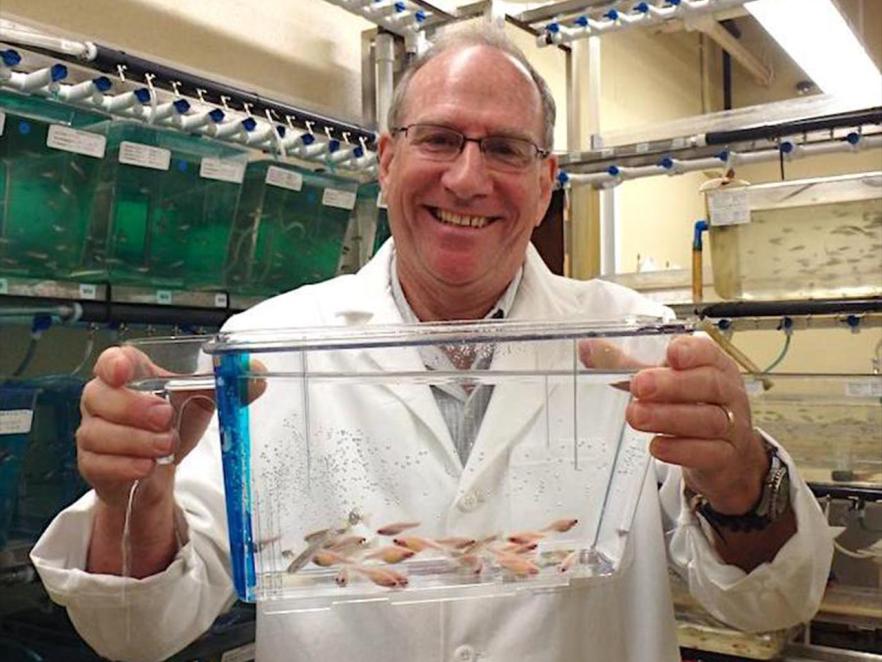Microbial threats to food security can come from a variety of microorganisms and at various stages in the life cycle of the food. In agriculture and aquaculture, microbes and microbial infections can affect the health and productivity of food plants and animals. The entry of microbial agents into or onto food results in food poisoning, increase in foodborne outbreaks and increase in food spoilage. These decrease food availability because contaminated food products must be discarded. Our faculty conduct research on different food-borne and food-impacting microbes using innovative approaches such as, molecular techniques, microbiomics, genomics and proteomics, to understand their biology and to develop strategies to inactivate and control them.
Microbial Threats to Food Security
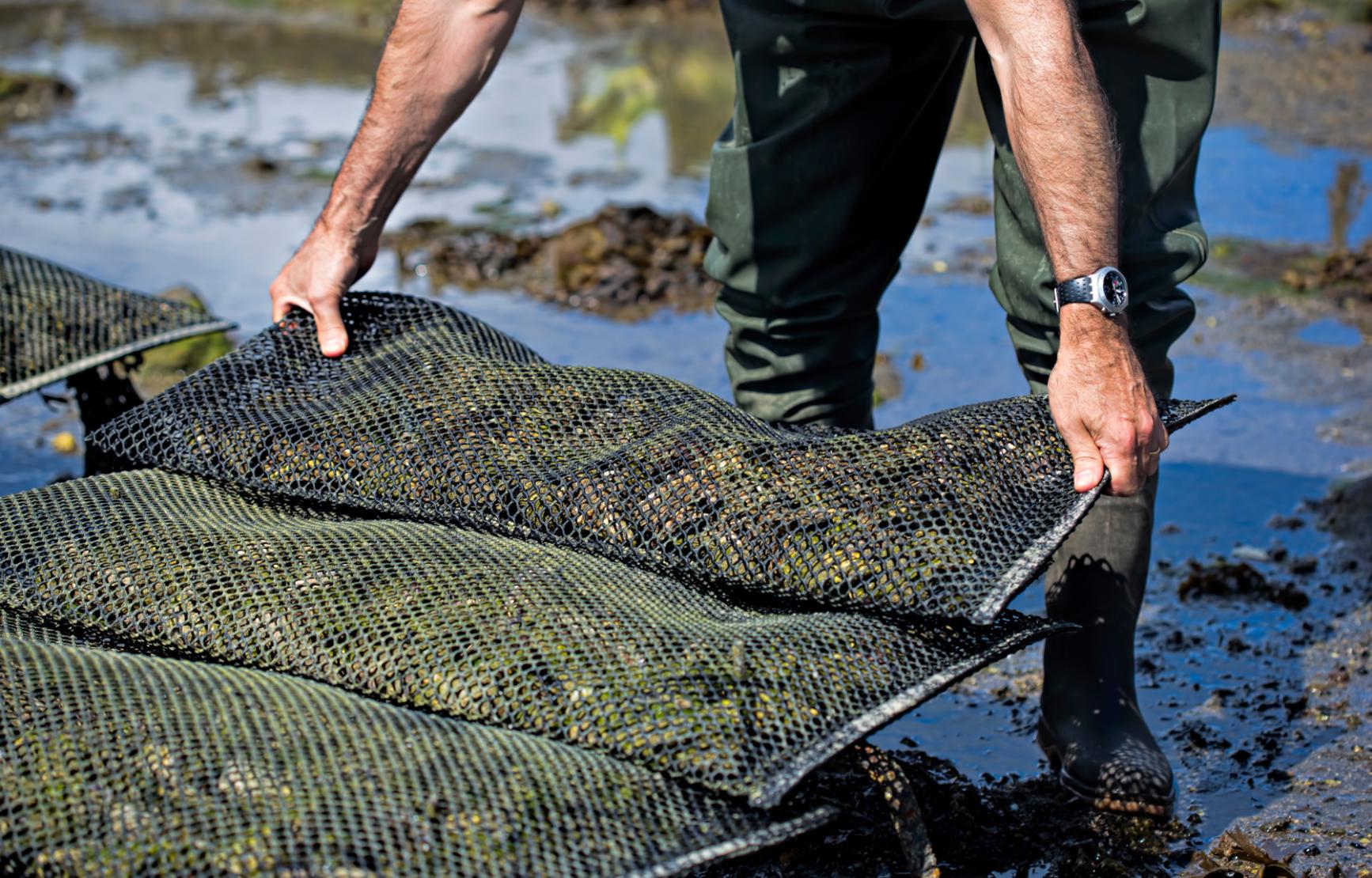
Oyster sales account for close to $5M in annual business for Oregon, but keeping oysters alive can be challenging without the use of antibiotics. Microbiologist Ryan Mueller is part of a team that discovered probiotics can significantly boost the survival rates of young oysters.
